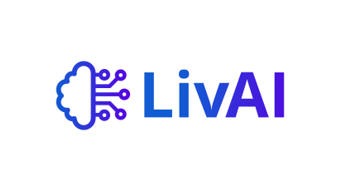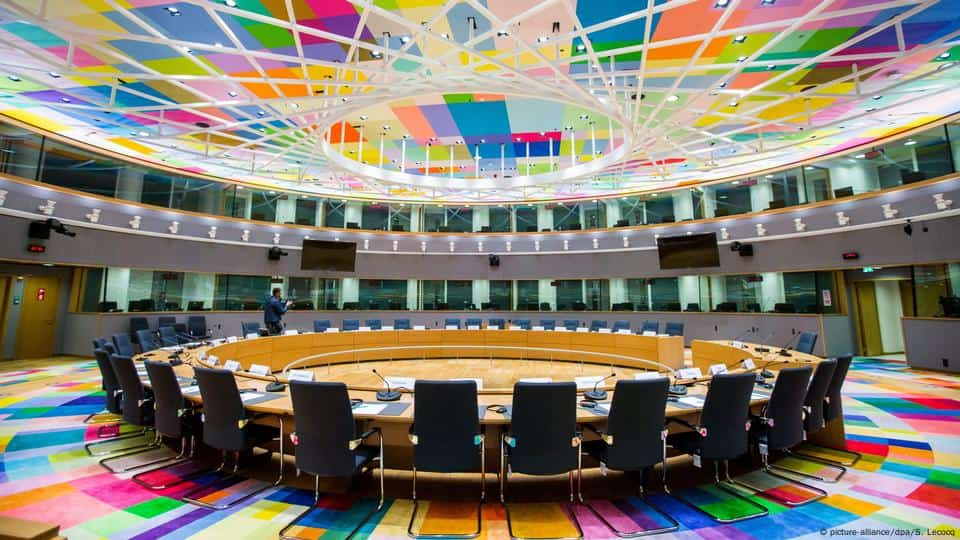- The Hungarian Presidency is committed to improving access to justice, enhancing the overall efficiency and resilience of judicial systems, and developing frameworks to support robust cross-border judicial cooperation
- Between its main priorities it is the implementation of the AI Act, which is fundamental to address the threats posed by the digital world
- Hungary aims to make laws to regulate AI use in education, in order to provide tools for administrators and teachers in institutions so that adults citizens can adapt to the labour market
The Hungarian Presidency has just started in the European Council and they have just released the programme with its priorities “at a time of extraordinary circumstances and challenges”, as they say in the document. Hungary is committed to improving access to justice, enhancing the overall efficiency and resilience of judicial systems, and developing frameworks to support robust cross-border judicial cooperation. This commitment includes a critical focus on addressing the challenges posed by the digital world and ensuring the protection of vulnerable groups.
The digital readiness of the European Union is pivotal to its competitive edge. The Hungarian Presidency is dedicated to promoting the elimination of digital divides and harnessing the potential offered by digital technologies and artificial intelligence (AI) for judicial purposes. These advancements are seen as essential for the EU and its Member States to maintain and enhance their global competitiveness.
Also they search for an effective and targeted representation of the interests of the EU and its Member States requires close cooperation with relevant international organizations. The Hungarian Presidency aims to work diligently to ensure that these interests are upheld, with a particular focus on competitiveness aspects.
In the realm of civil judicial cooperation, the Hungarian Presidency seeks to drive legislative progress on several key issues such as, the protection of vulnerable adults, adjusting rules on non-contractual civil liability in relation to AI, determining the law applicable to the third-party effects of assignments of claims. Additionally, the Presidency aims to facilitate negotiations to advance other open legislative files, ensuring that the legal framework keeps pace with technological advancements and societal needs.
On the other hand, the future of the European telecommunications sector and the global dissemination of EU achievements are high on the agenda. The Hungarian Presidency is focused on the implementation of the twin transition, which emphasizes both green and digital transformations. This includes highlighting the synergy between emerging technologies, European competitiveness, and sustainability.
Among emerging technologies, artificial intelligence will receive particular attention, so preparing for the implementation of the AI Act at both the EU and national levels is a priority. This preparation involves creating a conducive environment for AI development and application, ensuring that AI technologies contribute positively to societal and economic growth.
The LivAi project welcomes these iniciatives, as it aims to inform and provide tools for administrators and teachers in educational institutions to properly teach adults about AI and its ethical and safe use, so that they can adapt to the labour market.
For this reason, the Hungarian Presidency’s comprehensive approach aims to make laws to regulate AI use in education, enhance digital readiness, and foster international cooperation. By focusing on these areas, the Presidency aspires to ensure that the EU and its Member States can navigate the complexities of the digital age while maintaining a competitive edge and safeguarding the interests of all citizens, particularly the most vulnerable.
About LivAI
The LivAl project is funded by the Erasmus+ programme and has a budget of €250,000. It aims to provide the necessary strategies and methods to integrate Al and new technologies into education, helping educators and adults in the technological transition.
About the Council
The European Council is the EU institution that defines the general political direction and priorities of the European Union, traditionally by adopting conclusions. It does not negotiate or adopt EU laws.
About te AI Act
The EU wants to regulate artificial intelligence (AI) to ensure better conditions for the development and use of this innovative technology. In April 2021, the European Commission proposed the first EU regulatory framework for AI.



